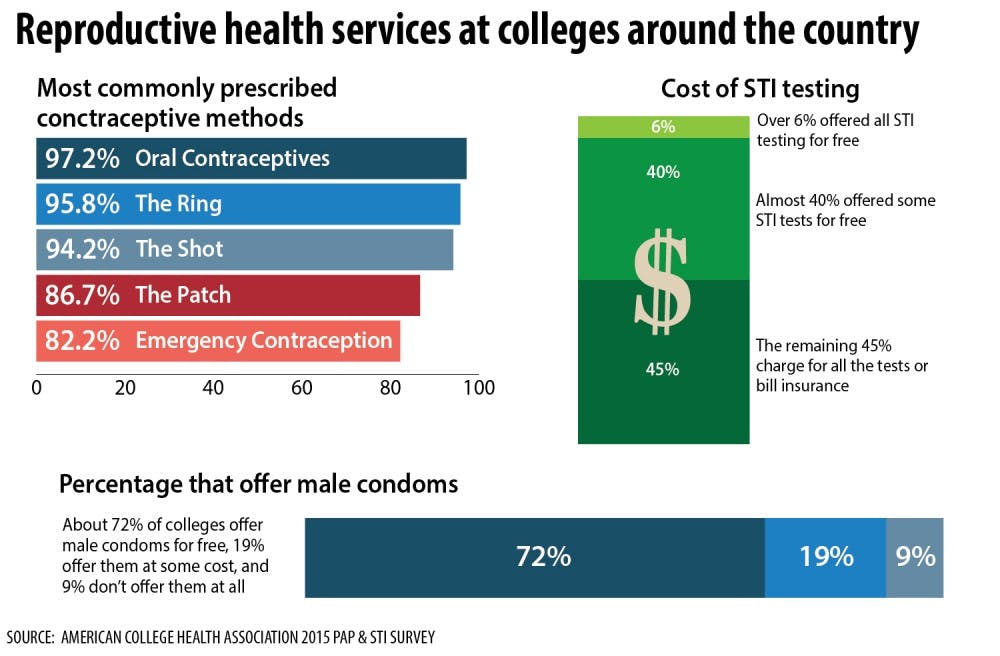A bill that would require California universities to provide medication-based abortions through student health centers passed the state’s Senate in January and could make the state the first to provide this service through universities.
California’s legislature said it has an interest in making sure young people have enough options to respond to their health concerns. Abortion is a constitutional right and an integral part of comprehensive sexual and reproductive health care, the bill said.
The movement to provide full access to reproductive health services in California began with Students United for Reproductive Justice at the University of California, Berkeley two years ago. Adiba Khan, the group’s director, said she noticed the school provided a wide variety of invasive contraception, like intrauterine devices, but didn't provide something as simple as a medication-based abortion.
Medication-based abortions were approved by the Food and Drug Administration in 2000 to terminate pregnancies up to 10 weeks. The procedure makes up 45 percent of abortions before nine weeks as of 2014, but according to a 2015 study, only two universities provide medication-based abortion at student health centers.
Khan said it's a problem that student health centers aren't providing comprehensive reproductive health care because universities have a duty to help students graduate in four years.
“Universities have student health centers to cater to common student health issues,” she said. “College students are in the age group that receives the largest number of abortions.”
Individuals aged 18-24 account for 42 percent of abortions administered in the United States each year.
“My health center has the capacity to provide a medication abortion," Khan said. "But it doesn’t because it doesn’t want to take the responsibility for providing such a controversial service."
She said she would prefer if universities decided to provide comprehensive reproductive health services on their own but will continue to support the legislation as it goes through California’s House if that's what it takes.




